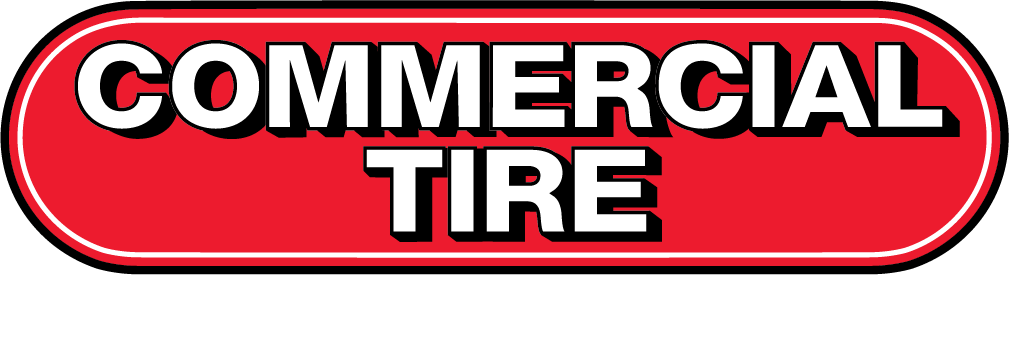Get a Grip on Buying New Tires: Three Helpful Hints/Tips
Purchasing new tires for your car is inevitable for almost every car owner, and while the process can seem intimidating (so many choices!) here are three key factors you need to consider that will make the process easier.
Understand Your Car’s Tire Requirements
The first thing you need to know when buying new tires for your car is what size and type of tire your car needs. This information can be found on a sticker located just inside the driver’s side door frame. In addition to tire sizes, this sticker will also tell you other useful information about your vehicle including tire inflation limits, your VIN #, and more. You can also look in your car’s owner’s manual, on the sidewall of your current tires, or by consulting with a tire professional at Commercial Tire. It’s important to get the right size and type of tire to ensure proper handling, safety, and fuel efficiency. And if you’re curious about exactly what all those numbers mean, you can read more about tire sizes here.

CONSIDER YOUR DRIVING NEEDS
Different types of tires are designed for different driving conditions, so it’s important to consider your driving needs when selecting new tires. For example, if you live in an area with heavy rain or snow, you may want to consider all-season tires. If you do a lot of highway driving, you may want tires that offer a quiet and smooth ride. You should also take into consideration the type of vehicle you have and its intended use when selecting tires. For instance, if you have a truck that won’t be used for towing or off-roading, a lighter tire may be more suitable. On the other hand, if your truck will be used for heavy-duty applications like carrying heavier loads or off-roading, a more durable, heavier-duty tire may be a better choice.
CHEAPER ISN’T ALWAYS BETTER
Once you have determined the right size and type of tire for your vehicle, and have considered your driving needs, it’s important to select your tires carefully. While some people may opt for the cheapest option, this can actually lead to long-term problems for both your car and your finances. Cheaper tires are often made with substandard materials, which means they wear out faster than mid- or high-grade tires, resulting in more frequent replacements and increased costs over time. Additionally, cheaper tires tend to have a higher rolling resistance, which means they require more effort (and fuel) to move your vehicle, leading to potential damage to other parts of your car due to the constant strain.
Finally, and most importantly, cheap tires can also be a safety issue. Cheap tires lose tread more quickly than more expensive tires and tread is what keeps you on the road. Your tires are the only material connecting your vehicle to the road, and that small strip of rubber down the center of each tire that touches pavement is called the contact patch. Contact patches with tread loss are more slippery, meaning it takes more effort for your car to move forward (again, with the fuel efficiency) and more importantly, more effort to stop. While many tires that are available online may be priced lower, the long-term repercussions on your vehicle may not be worth it. Before choosing the cheapest tires for your car, take the time to talk to a professional about the pros and cons of that decision. At Commercial Tire, our experts are more than happy to sit down with you and help you choose exactly the right tires for both your needs and your budget.
Of course, once you’ve had your new tires installed, it’s important to make sure you continue to maintain them properly. Schedule routine appointments with your local Commercial Tire specialists for routine maintenance like tire balancing, rotations, alignments, and air pressure checks to ensure optimal performance and longevity. By following these tips and working with the experts at Commercial Tire, you’ll be back on the road with new tires in no time, and ready to roll for years to come.
SHARE THIS ARTICLE
